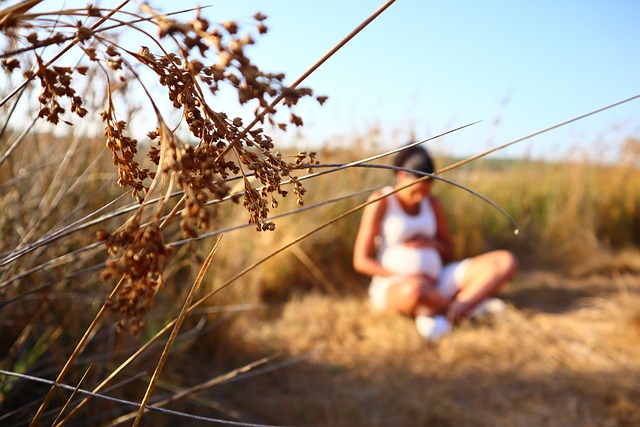Pregnancy often brings about significant changes in your body, particularly in your breasts. Many expectant mothers experience breast tenderness and sensitivity, especially during the first trimester. Understanding the causes of this discomfort and exploring ways to relieve it can help make your pregnancy journey more comfortable.
What Does Breast Pain Feel Like During Pregnancy?
Throughout your pregnancy, you may notice your breasts becoming heavier and fuller, often accompanied by a tingling sensation. This discomfort can range from mild sensitivity to more intense pain, especially in response to touch or movement.
What Causes Breast Pain and Sore Nipples During Pregnancy?
Breast tenderness is one of the earliest signs of pregnancy, typically beginning around weeks 4 to 7 and continuing through the first trimester. Hormonal changes, as your body prepares for breastfeeding, contribute significantly to this sensitivity. Additionally, as your pregnancy progresses, you may notice other changes, such as the production of colostrum—the first form of milk that your body creates, which may begin to leak around week 38.
For more information on how hormones affect your body, check out this resource on female reproductive health hormones.
How to Relieve Breast Pain and Sore Nipples
Here are some practical tips to alleviate breast discomfort during pregnancy:
- Wear a Supportive Bra: Opt for a well-fitting, supportive bra that provides comfort and reduces strain on your breasts.
- Use Warm Compresses: Applying warm compresses can help soothe soreness and reduce sensitivity.
- Avoid Irritants: Be mindful of soaps and lotions that may irritate your skin and exacerbate nipple discomfort.
- Stay Hydrated: Drinking plenty of water helps maintain overall breast health.
- Consider Gentle Massage: A gentle massage may relieve tension and promote circulation.
For those considering at-home insemination as a path to conception, MakeAMom offers a unique reusable option that may be right for you. Learn more about how it works here.
If you’re navigating challenges such as vaginismus while trying to conceive, you might find inspiration in this journey to conception with MakeAMom.
How Long Do Breast and Nipple Sensitivities Last During Pregnancy?
Many women find that breast tenderness tends to peak during the first trimester and may gradually decrease as the pregnancy progresses. However, some discomfort may persist as your body continues to adapt to the changes.
Can Breast Pain Continue After Pregnancy?
It’s not uncommon for breast tenderness to linger after delivery, especially as your body adjusts to breastfeeding. Many women experience some sensitivity as their milk supply stabilizes.
For additional insights into fertility treatments and their suitability for your situation, refer to this WebMD slideshow.
To Summarize:
Breast tenderness during pregnancy is a common experience due to hormonal changes and physical adjustments in preparation for breastfeeding. While discomfort can be managed with supportive bras, warm compresses, and hydration, it’s essential to be aware that some sensitivity may persist postpartum. Resources like MakeAMom provide valuable support for those considering at-home insemination and navigating the journey of conception. Join our free sperm donor matching group for community support and information.

